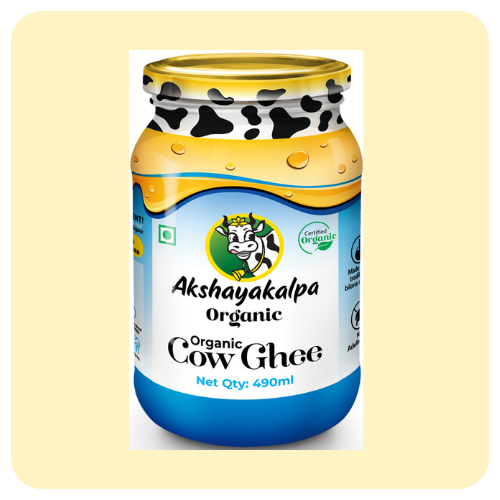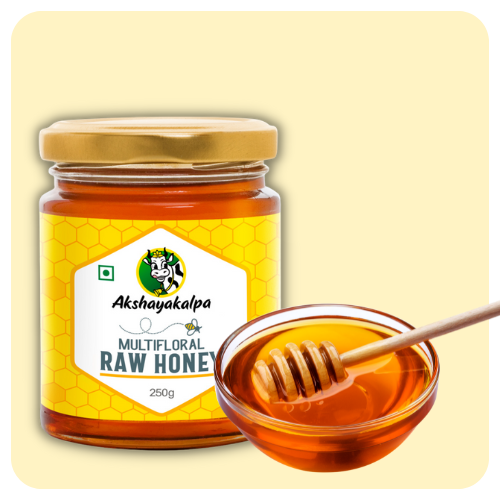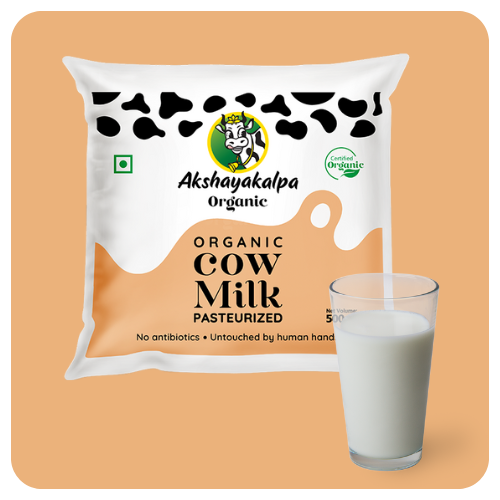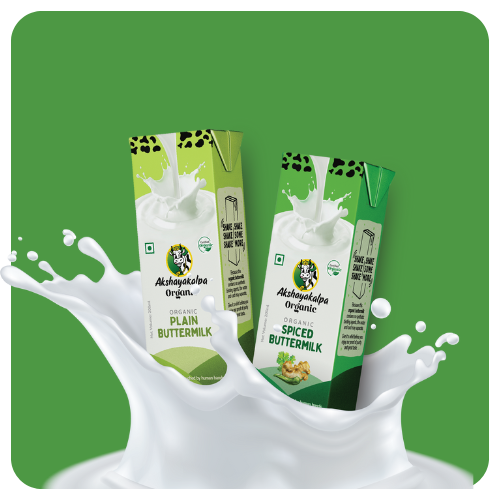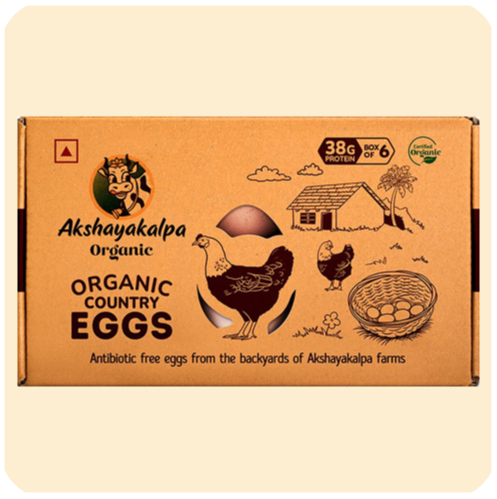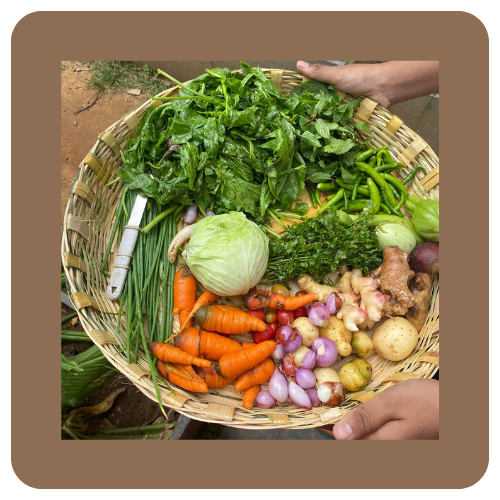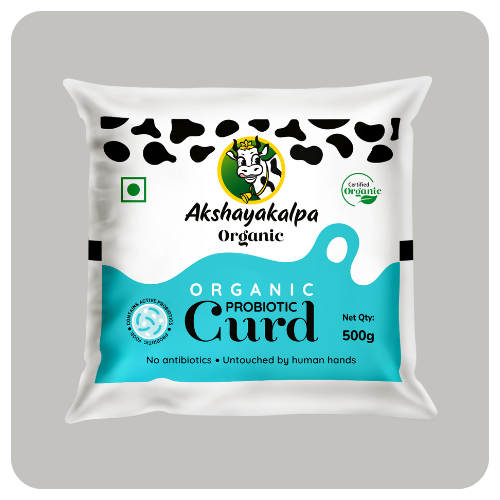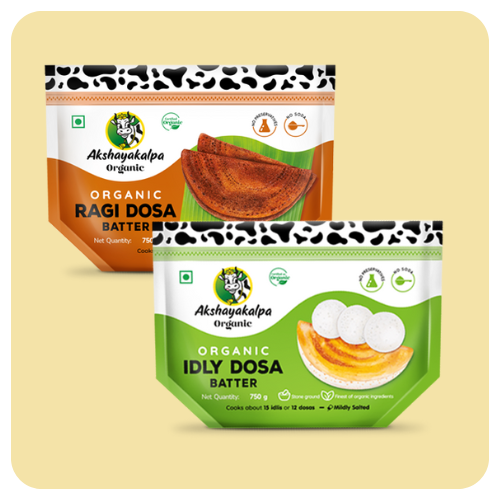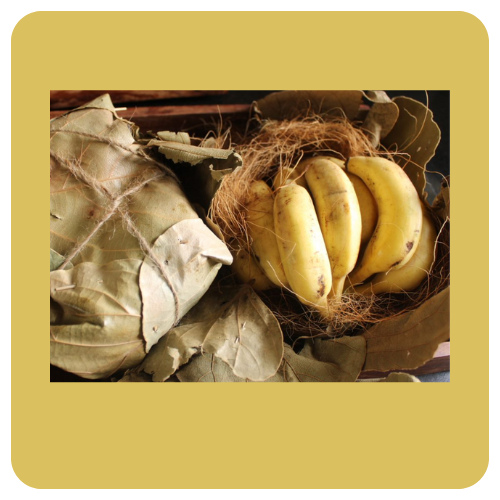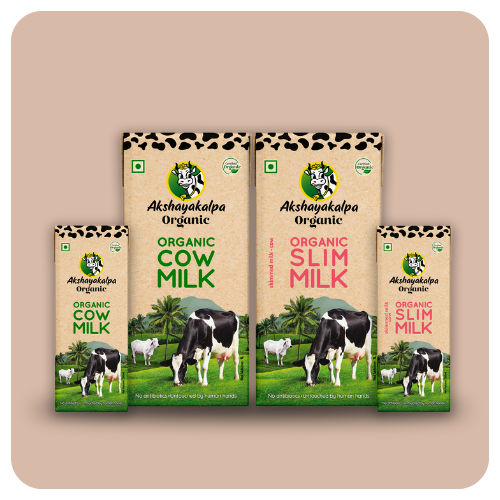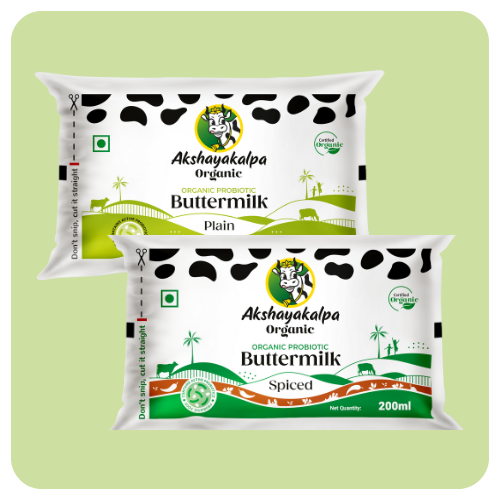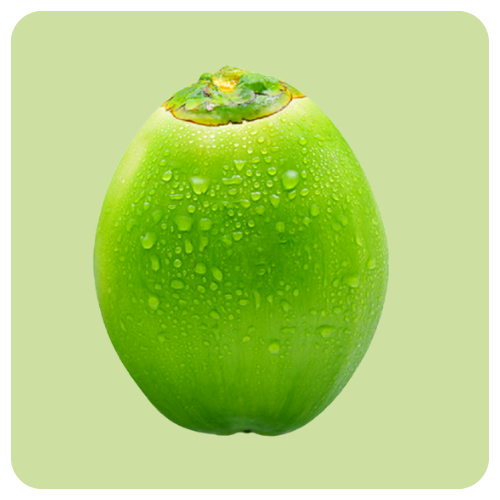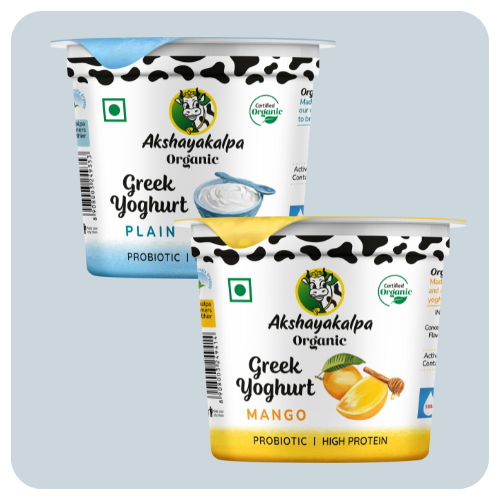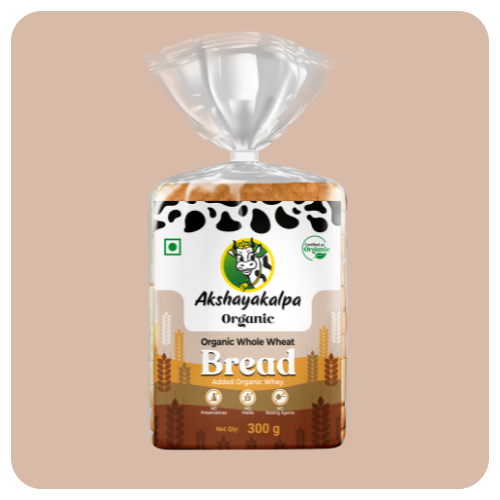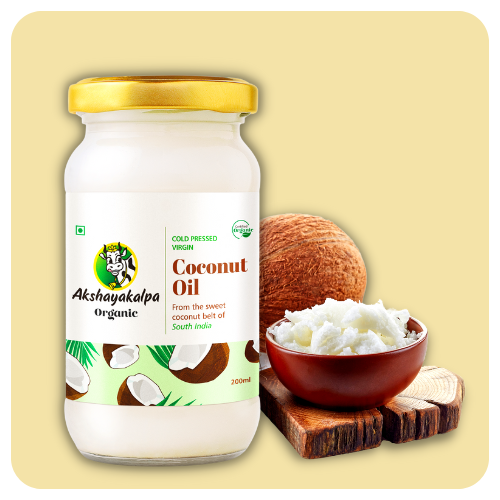Organic Ghee: The Healthier Choice

Ghee, the golden elixir of Indian kitchens, is treasured for its rich flavour and numerous health benefits. However, not all ghee is created equal. The rise of organic ghee has brought to light several compelling reasons why it should be your preferred choice over regular ghee.
One of the most pressing issues with regular mass-market ghee is the risk of adulteration and the use of additives. Adulterated ghee can contain unhealthy substances such as hydrogenated oils, artificial colours, and preservatives. Organic ghee, on the other hand, is produced under strict regulations – using milk that has been tested on multiple parameters- that prohibit the use of additives and ensure purity.
Organic ghee is derived from the cream of milk from cows raised in organic, pasture-based systems. They feed on fodder grown without the use of synthetic pesticides, herbicides, or fertilizers, keeping these residues out of the diet of the cow’s, out of the milk and ultimately out of the ghee. A study published in the International Journal of Food Contamination confirmed that organic products, including dairy, contain significantly lower levels of pesticide residues compared to conventional counterparts.
Farmers on organic farms, like Akshayakalpa Organic, feed the cows specially prepared feed from crops grown in the farm to ensure optimum nutrition and health of the cows, while having complete control to keep nasties at bay. Studies [2] have shown that organic milk, the source of organic ghee, contains higher levels of beneficial nutrients such as omega-3 fatty acids, antioxidants, and vitamins and is free from residues of chemicals and toxins.
Conventional dairy farming often involves the use of growth hormones and antibiotics. The Indian Journal of Endocrinology and Metabolism reports that these substances can potentially enter the milk supply. Because organic ghee is made using cream that is free from these harmful additives, it is a safer and more natural product.
Organic farming practices are more environmentally friendly, emphasizing soil health, biodiversity, and sustainable land use. A study in the journal Environmental Science and Technology found that organic farming methods help reduce environmental pollution and promote healthier ecosystems. When you buy organic ghee, you’re supporting sustainable agriculture practices that benefit the planet.
Organic ghee is also usually crafted as per the nuances of traditional methods like the Bilona method of making ghee. The organic ghee made by this meticulous method has a warm, divine aroma and a perfect granular texture that is all natural – without the use of any emulsifiers or enhancers.
While organic ghee may seem more expensive than regular ghee, it’s essential to consider the long-term benefits and costs. Investing in organic ghee means investing in your health and the environment. Moreover, when you choose organic ghee, you are supporting sustainable agricultural practices that promote soil health and biodiversity. The long-term health benefits far outweigh the initial cost difference.
Remember, when it comes to ghee, organic is not just a label—it’s a commitment to quality, purity, and a healthier future.
Akshayakalpa Organic Cow Ghee is packed with omega-3 fatty acids, healthy fats, and vitamins A, D, and E. Every jar of Akshayakalpa Ghee is made from pure cultured organic milk cream, from healthy, happy cows living on Akshayakalpa farms. The cream is slow-churned into butter and carefully melted, resulting in pure, organic ghee with superlative aroma, authentic home-made taste and a treasure trove of naturally-occurring nutrients.
References: 1. https://www.mdpi.com/2076-3417/12/6/2809 2. https://www.ncbi.nlm.nih.gov/pmc/articles/PMC6017557/
